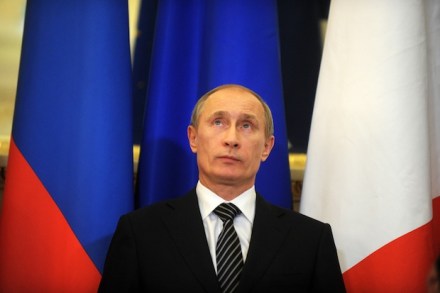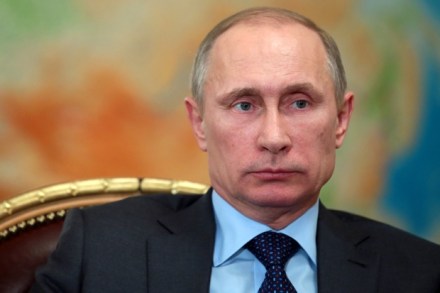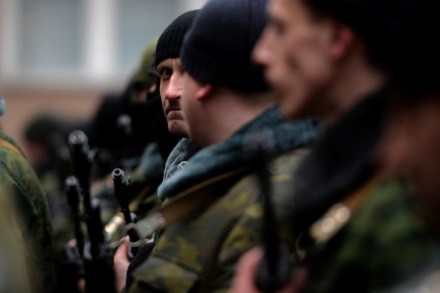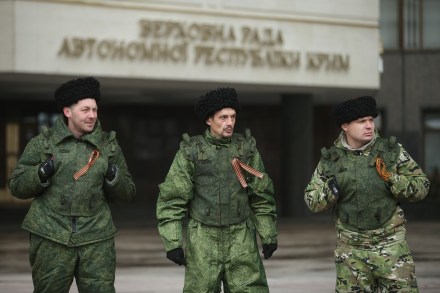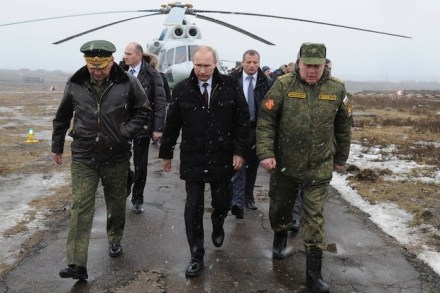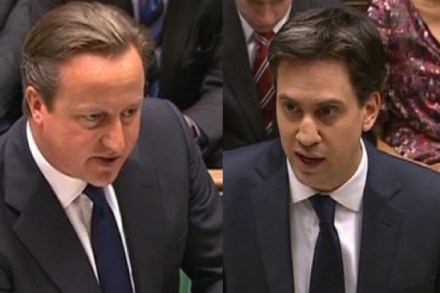Putin is making the West’s Cold Warriors look like fools
William Hague was on rather shaky ground when he argued this week that Moscow has chosen ‘the route to isolation’ by recognising Crimea’s referendum. On the contrary, it is the European Union and the United States who look as if they have seriously overplayed their respective hands in Ukraine. Across Asia, Africa and Latin America, the cry of ‘western hypocrisy’ has been heard much louder than complaints about Vladimir Putin. Even in the UK, mainstream opinion is steadily becoming more critical of western interventionism and our ‘New Cold War’ posturing, despite some pretty one-sided media coverage and much establishment tut-tutting. Independent thought is still viewed with suspicion, and even disgust,
